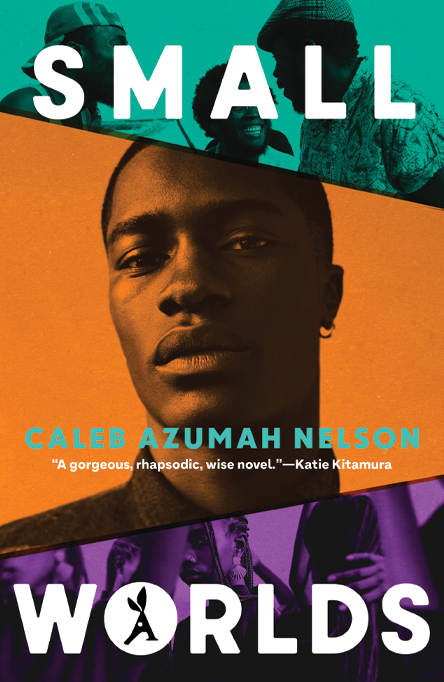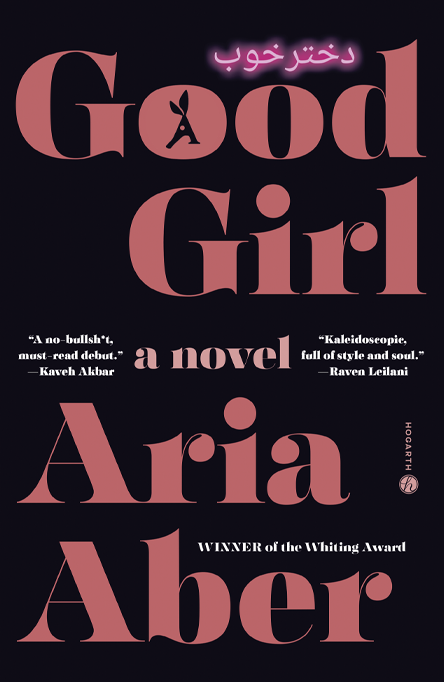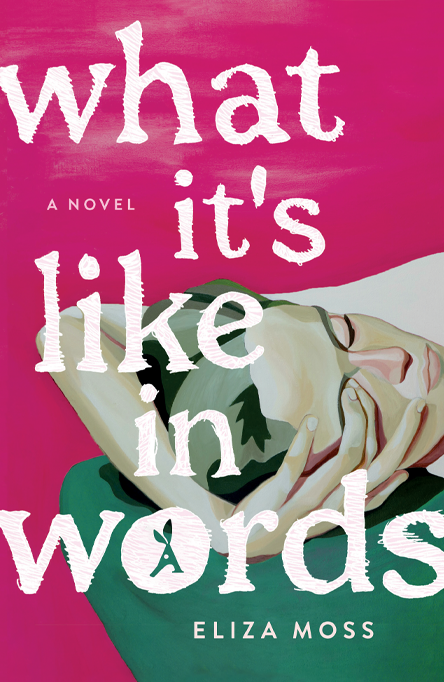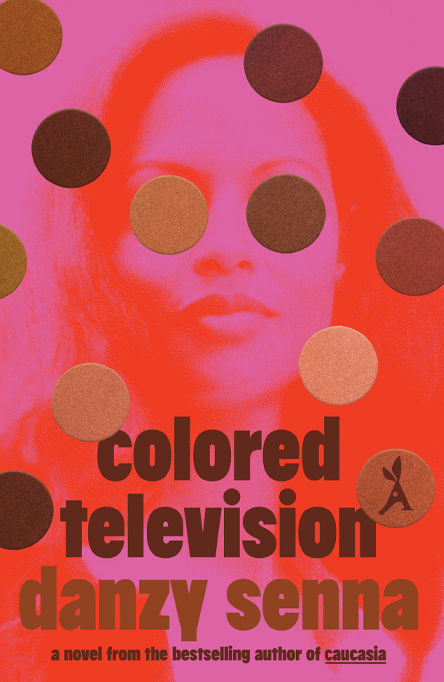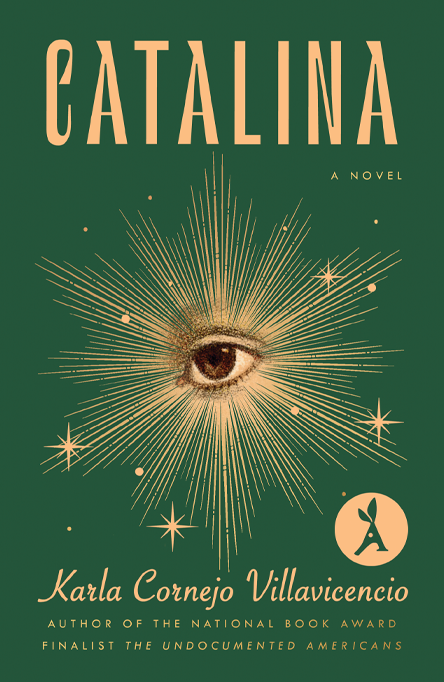An exhilarating new novel about fathers and sons, faith and friendship from the award-winning, No.1 bestselling author of Open Water.
Police brutality, death.
The one thing that can solve Stephen’s problems is dancing. Dancing at Church, with his parents and brother, the shimmer of Black hands raised in praise; he might have lost his faith, but he does believe in rhythm. Dancing with his friends, somewhere in a basement with the drums about to drop, while the DJ spins garage cuts. Dancing with his band, making music which speaks not just to the hardships of their lives, but the joys too. Dancing with his best friend Adeline, two-stepping around the living room, crooning and grooving, so close their heads might touch. Dancing alone, at home, to his father’s records, uncovering parts of a man he has never truly known.
Stephen has only ever known himself in song. But what becomes of him when the music fades? When his father begins to speak of shame and sacrifice, when his home is no longer his own? How will he find space for himself: a place where he can feel beautiful, a place he might feel free?
Set over the course of three summers in Stephen’s life, from London to Ghana and back again, Small Worlds is an exhilarating and expansive novel about the worlds we build for ourselves, the worlds we live, dance and love within.
Don't just take our word for it...
“Nelson writes about closeness, with family, with lovers, with art, as careful, essential labour.”
– Raven Leilani, author of Luster
“Small Worlds is an emotionally astute novel that cements this 29-year-old south London author as one of the UK’s best.”
– New Statesman
“Let’s hear it for Caleb Azumah Nelson, also known as the future.”
– Benjamin Zephaniah
Taste the very first page
Since the one thing that can solve most of our problems is dancing, it only makes sense that here, following the shimmer of Black hands, raised in praise, the pastor invited us, the congregation, to pray, and we allowed that prayer to make space, allowed ourselves to explore the depths and heights of our beings, allowed ourselves to say things which were honest and true, God- like even. Allowed ourselves to speak to someone who is both us and the people we want to be, allowed ourselves to speak quietly, which is a call to give up the need to be sure, and ask, when was the last time we surrendered? When was the last time we were this open? And before we could try to answer, the drums start off, sudden and sure. A thick bassline follows, getting to the heart of things. The pianist plays secret chords from the soul. And before the intro is done, the choir magic themselves to the stage, and there’s a microphone in hand, and a grin as the leader steps down, singing her prayer: I’m trading my sorrows, I’m trading my shame. She sings these words, knowing that if we’re in this room, then we’ve probably known sorrow, probably known shame. We know death in its multitudes, but we’re all very serious about being alive. And since the one thing that can solve most of our problems is dancing, we turn our mourning into movement. We breach the borders of our rows, spilling into the aisles, making our way to the area in front of the stage, making our way into that space.
I see my father, up ahead, amongst the congregation, his body free and flailing and loose. He’s waving a handkerchief in his hand, like a beacon, as if to say, I am here. He’s going and going and then we watch as Pops slows down a little, like he’s misplaced a part of himself. A quick search for my mother. He finds her with…
You might also like
Good Girl
An electric debut novel about the daughter of Afghan refugees and her year of self-discovery and a portrait of the artist as a young woman set in a Berlin that can’t escape its history.
What It’s Like in Words
A dark, intense, and compelling account of what happens when a young woman falls in love with the wrong kind of man.
Colored Television
A brilliant dark comedy about love and ambition, failure and reinvention, and the racial-identity-industrial complex.
Catalina
by Karla Cornejo Villavicencio
A year in the life of the unforgettable Catalina Ituralde, a wickedly wry and heartbreakingly vulnerable student at an elite college.
